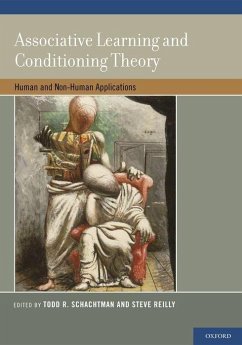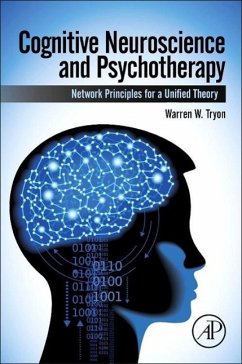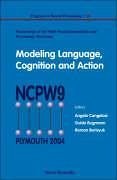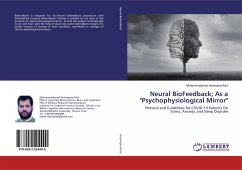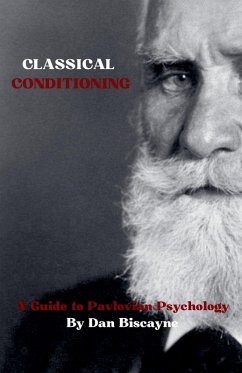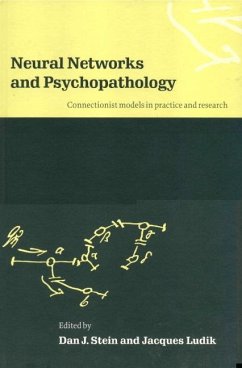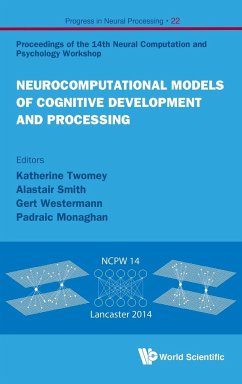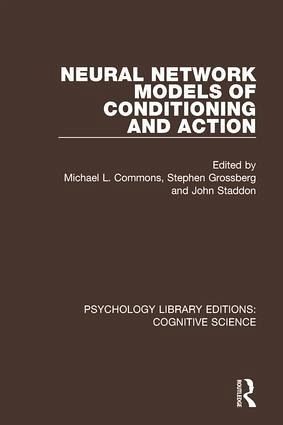
Neural Network Models of Conditioning and Action
Versandkostenfrei!
Versandfertig in 1-2 Wochen
57,99 €
inkl. MwSt.
Weitere Ausgaben:

PAYBACK Punkte
29 °P sammeln!
Originally published in 1991, this title was the result of a symposium held at Harvard University. It presents some of the exciting interdisciplinary developments of the time that clarify how animals and people learn to behave adaptively in a rapidly changing environment. The contributors focus on aspects of how recognition learning, reinforcement learning, and motor learning interact to generate adaptive goal-oriented behaviours that can satisfy internal needs - an area of inquiry as important for understanding brain function as it is for designing new types of freely moving autonomous robots...
Originally published in 1991, this title was the result of a symposium held at Harvard University. It presents some of the exciting interdisciplinary developments of the time that clarify how animals and people learn to behave adaptively in a rapidly changing environment. The contributors focus on aspects of how recognition learning, reinforcement learning, and motor learning interact to generate adaptive goal-oriented behaviours that can satisfy internal needs - an area of inquiry as important for understanding brain function as it is for designing new types of freely moving autonomous robots. Since the authors agree that a dynamic analysis of system interactions is needed to understand these challenging phenomena - and neural network models provide a natural framework for representing and analysing such interactions - all the articles either develop neural network models or provide biological constraints for guiding and testing their design.






